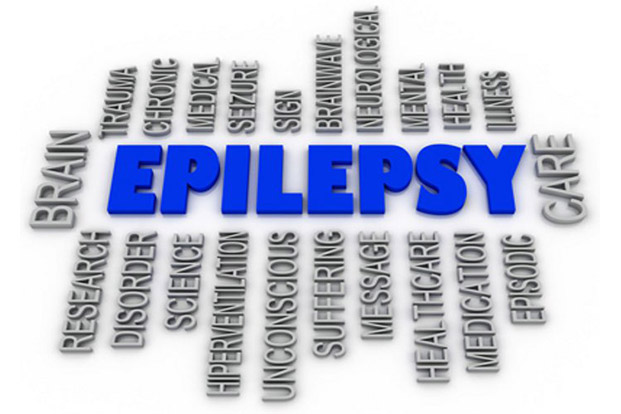Epilepsy in Children
Apr 19, 2022
Epilepsy is a episodic and recurrent neurological disorder of the brain caused by transient abnormal activity in the brain cells.
The onset of epilepsy is most common during early childhood. Invariably the child with epilepsy will have the same type of seizure each time.
Symptoms and Signs of Epilesy in children depend on the seizure type. They may include : –
- A staring spell, rapid eye blinking or temporary confusion
- Loss of consciousness with stiffness, jerking of all four limbs with loss of bladder and bowel control & frothing and or tongue bite
- Stiffness or jerking of one half of the body
- Loss of awareness with some automatic, repititive movements
- Sudden drop attacks, falls or jerking of the limbs
- Episodic transient abnormal behaviour

A Epileptic Seizure :
The seizure phenomena invariably lasts for few sec or a minute or two. During the generalized seizure the breathing maybe laboured and the child’s lips may become blue after which the child may sleep or remain disoriented.
After a staring spell may continue doing whatever he was doing as if nothing has happened
The seizure may occur any time of the day or night i.e while the child is awake or sleeping. However there are seizures in certain children that may occur only in sleep or early morning when the child is getting up from sleep.
Causes of Epilepsy in Children
- Head Trauma
- Prenatal, Natal or Postnatal Injury
- Infections of the brain- Neurocysticercosis, meningitis ,encephalitis, etc
- Developmental Disorders –Autism, Neurofibromatosis, etc
- There maybe a family history of seizures
How are the seizures diagnosed:-
A detailed eye witness account of the seizure is a must.This can be supplemented by a video clipping of the seizure in the mobile phone. A thorough neurological examination followed by EEG and MRI of the brain to find out about any structural pathology in the brain
Epilepsy is controllable with regular medication and disciplined life. The child can study and play normally. However should not swim or climb heights
In spite of medication if the seizures are uncontrolled or occur in quick succession without the child regaining consciousness or there is any other illness consult the neurologist again
There may be changes in the child’s behaviour may become stubborn, irritable, hyper, abusive or withdrawn which may affect the scholastic performance and quality of life .Not only the control of seizures but also the behavioural changes be addressed from time to time









